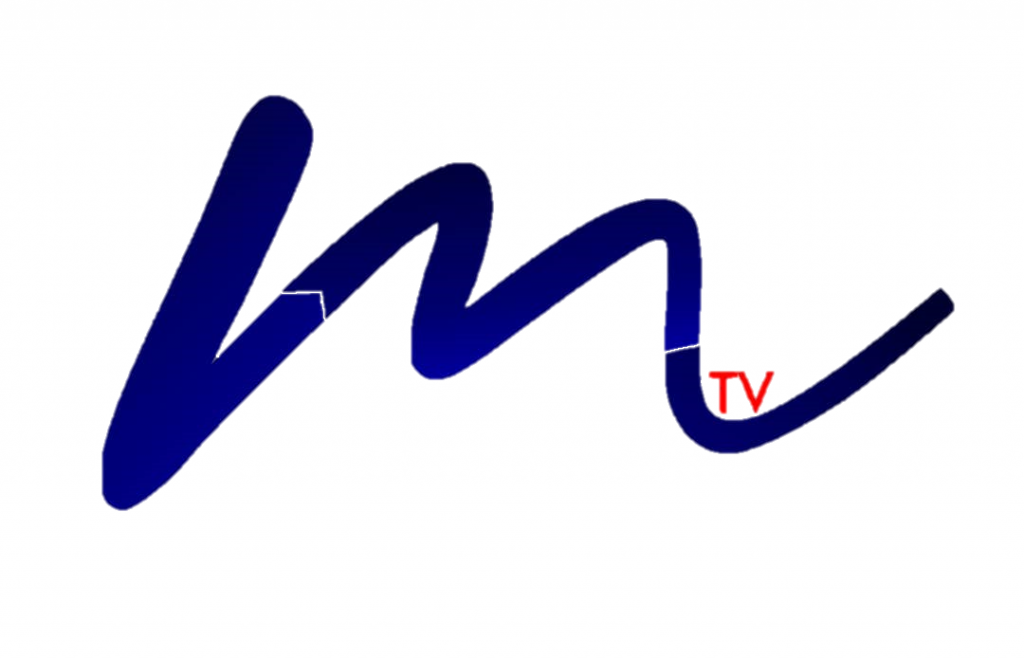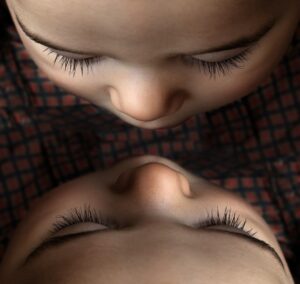“You’re either growing or just growing old” — John Mason
Wisdom does not always accompany the natural process of ageing. However, we would be well-off to seek it out, rather than waiting its arrival with the inevitable package of old age. You are probably reading this piece with the hope that you might find out the ideas that could help you become more wise as you keep cruising through this wonderful journey called life. If that is true, then read on till the last paragraph.
What is wisdom?
My Oxford Advanced Learner’s Dictionary defined it as “the ability to make sensible decisions and give good advice because of the experience and knowledge that you have.”
This is a wonderful definition but before I go any further, let me stress on important keywords in that definition. The keywords are:
Decision
Experience, and
Knowledge
Let’s talk about them briefly.
First, DECISION, which is the act of deciding what to do or not to do, and it heavily relies on prior experience and knowledge that relates to the subject matter, either directly or indirectly.
Second is EXPERIENCE, a series of events and/ or activities for which an individual (or group) may gather knowledge, skills and opinions.
The last one is KNOWLEDGE, the fact of knowing about something; general understanding, or familiarity with a subject, place or situation.
These three things are interconnected and shaping one another. That’s why I regard them as the 3 components of wisdom. We make decisions everyday based on our prior knowledge and experiences and the outcome of the decisions yield new experiences. As we go through life, they pile up in our storehouse of knowledge. This storehouse of facts is always serving as a springboard for our future decisions and actions. I hope you can now see how these components work together.
The starting point of becoming wiser, in my opinion, is through expanding one’s horizons via diligent self education and study. In the world of today, there’s no acceptable excuse for the person who remains stagnant in the same position for years without any progress due to lack of knowledge, ideas or information. Why? Because there’s more than enough knowledge especially on the internet, where “everyone” seems to know how to get connect to it. Again, ideas are free. They’re one of the cheapest commodities in the world. All you need to do is a little exercise of discipline and patience in directing yourself towards the kind of information that will help you see more of the world, expand your thoughts, and guide you while making decisions.
A wise person is in perpetual state of seeking out and gathering useful knowledge which he or she can use to make meaningful decisions in the affairs of life; and the application of that knowledge or idea yields result, which we can aptly call an experience.
I acknowledge the fact that there is information explosion, but you’ve got the neck-top computer, the brain that you can use to sort things out, to filter out what’s needed from the massive pile of information and come up with that which you can apply for the betterment of your life (and that of others).
There are many avenues involved: books, radio, television, seminars, lectures, podcasts, Ted talks, YouTube videos, various online and offline courses.
The second component of wisdom is to make meaningful decisions. Its imperative to acquaint yourself with the first component so that this one becomes easier. Paving the way with useful knowledge will make your journey into wisdom less bumpy and more convenient. The result is that you’ll be making sound decisions based on truth, not merely based on impulse.
Asking incisive questions is an invaluable thing in the process of making decisions. Great people ask questions; geniuses ask questions; business tycoons ask questions; top scientists ask questions; and of course wise people ask questions.
As you’re about to embark upon any major thing that will require the investment of your time, energy and money, ask:
Is this worth the trouble? What would be the outcome? What are the risks involved?
Write down your answers and then DO something with the answers.
The third and final component of wisdom is evaluating your experiences. It’s a good thing analyse the results you get from the actions you take, or to put it more succinctly, Write down the experience you get from that decision. Is the result what you want or otherwise? if it serves you, repeat the process but if otherwise, abandon it or re-examine it. I agree with Dr John C. Maxwell when he opined: “Experience is the NOT the best teacher, evaluated experience is.”
Some people believe that wisdom is only attained through the natural passage of time. Well, to some degree, they are right. The wisdom and maturity of a person aged 20 would never be the same as that of a person aged 40. This is because the older we get, the more experienced we become.
But waiting for senility or ages to stack against you before you can become wise would be painfully slowwww. Could there be another way? The answer is YES!
If you aspire to be wise in a reasonable time frame, then you’ve got to follow the three stages of attaining wisdom I emphasised on earlier.
The Knowledge Stage, The Decision stage, and The Experience stage.
The world renowned neurosurgeon and former US presidential candidate, Dr. Ben Carson said that we can gain wisdom through many doors:
* From our own life experiences when we asked ourselves the right questions.
* When we read and learn from the mistakes and achievements of others.
Socrates, the great philosopher quipped: “an unexamined life is not worth living”. So it is very unwise to go through life without examining where you had been, where you are now, and where you are heading to.
If you wish to save yourself a great deal of time and also avoid making the same mistakes others have made in their lives and model the system of great achievers, which is a good indication that you are wise, then you must embrace the idea of reading good books. Because there are so many things to learn and benefit from books, I wrote my second book and call it, Open The Page: 101 Incredible Secrets of Reading Books, which will be available before the year ended, God willing. I’ll bet you need to get a copy.
To conclude, let me remind you of the 3 steps to wisdom:
1. Start by gathering useful knowledge
2. Use the knowledge to make meaningful decisions
3. Evaluate the experience you get by acting on such decisions.
Finally, let me close the piece with another quote by Dr. Ben Carson. He said:
“To be sure, (applied) knowledge is power. Wisdom is what is necessary to harness and direct it. Wisdom is what it takes to know what to do with our knowledge. “
Written by
Mustapha Ibrahim Abdullahi
Bayero University, Kano.




Nice write-up. Evaluated experience is sure the best to learn from..kudos.